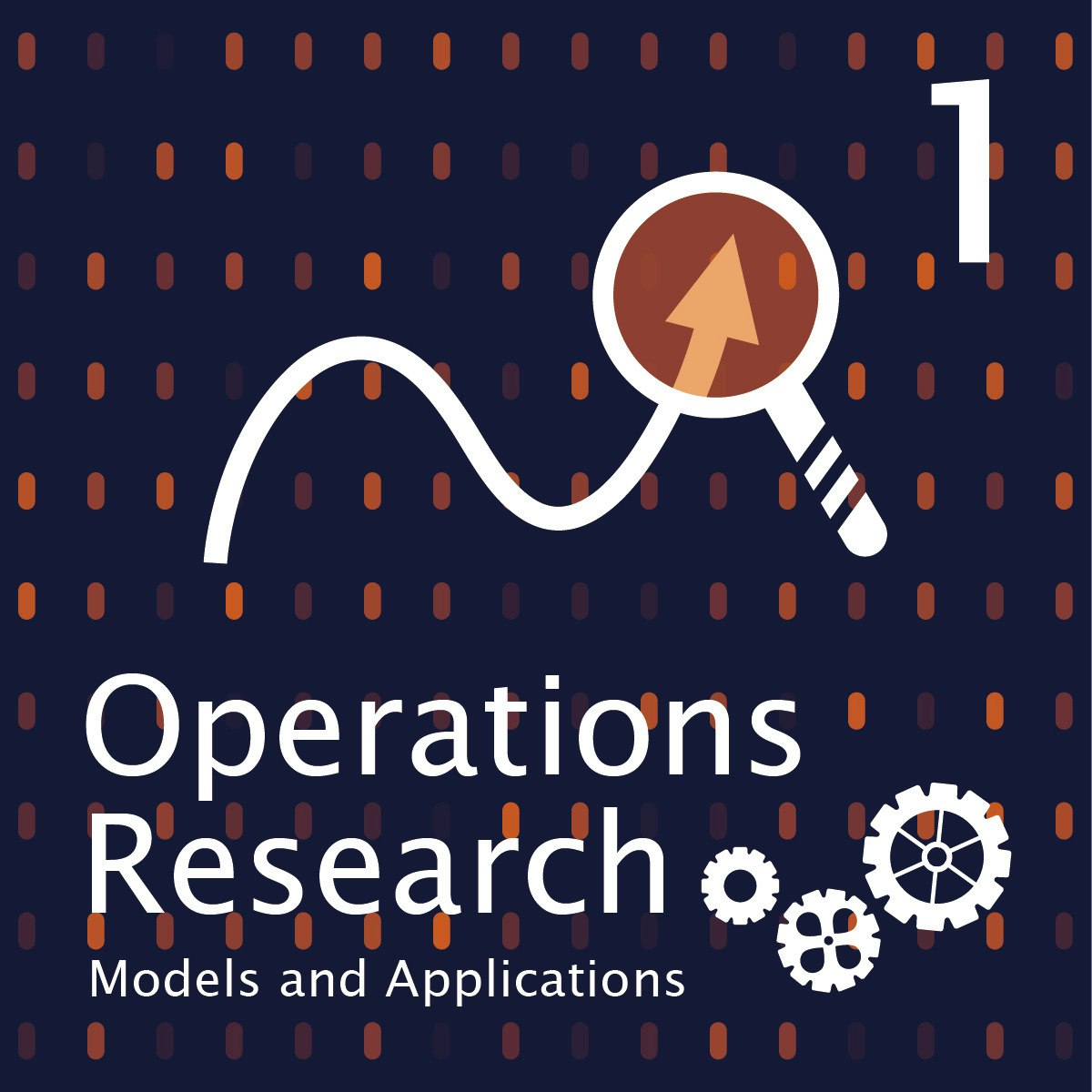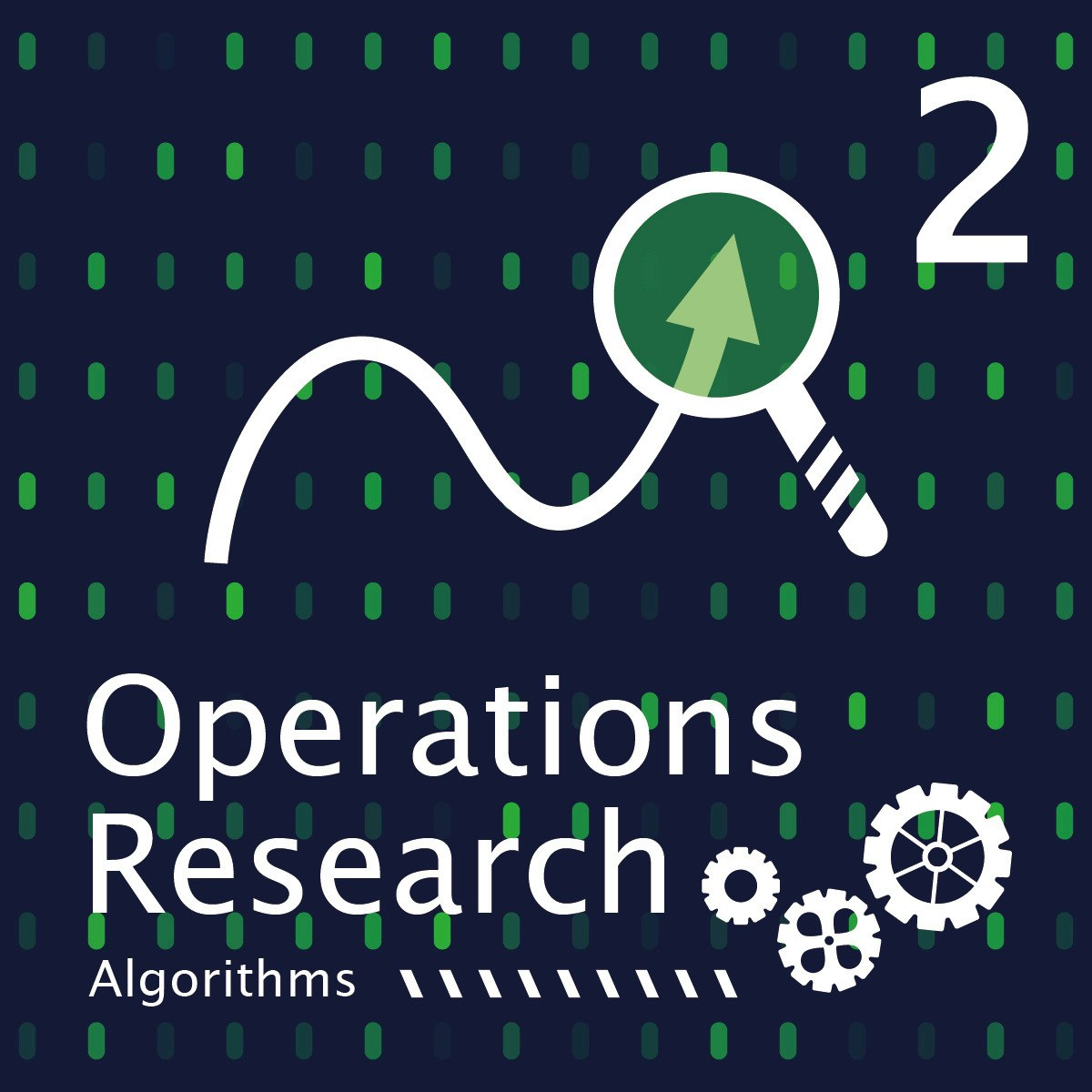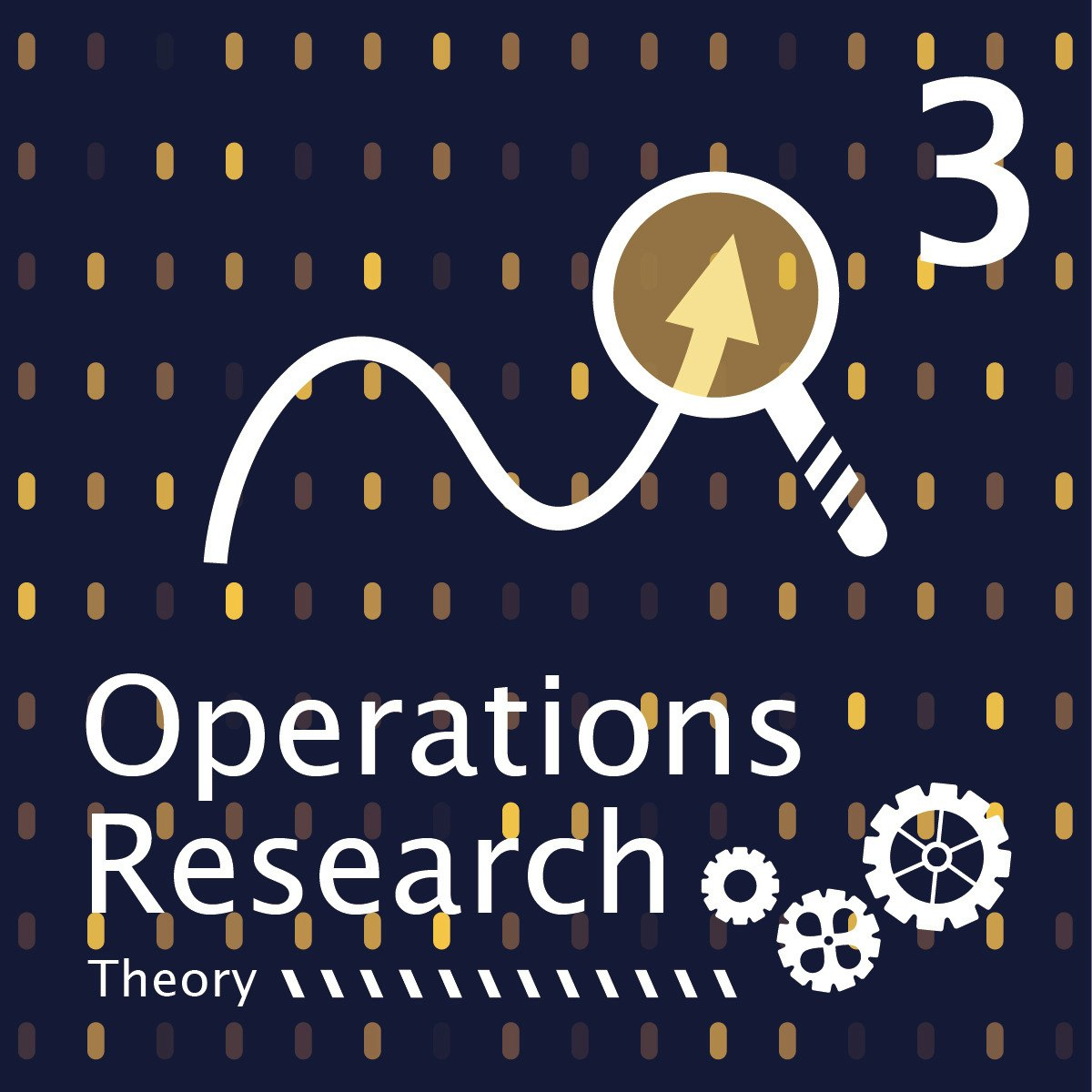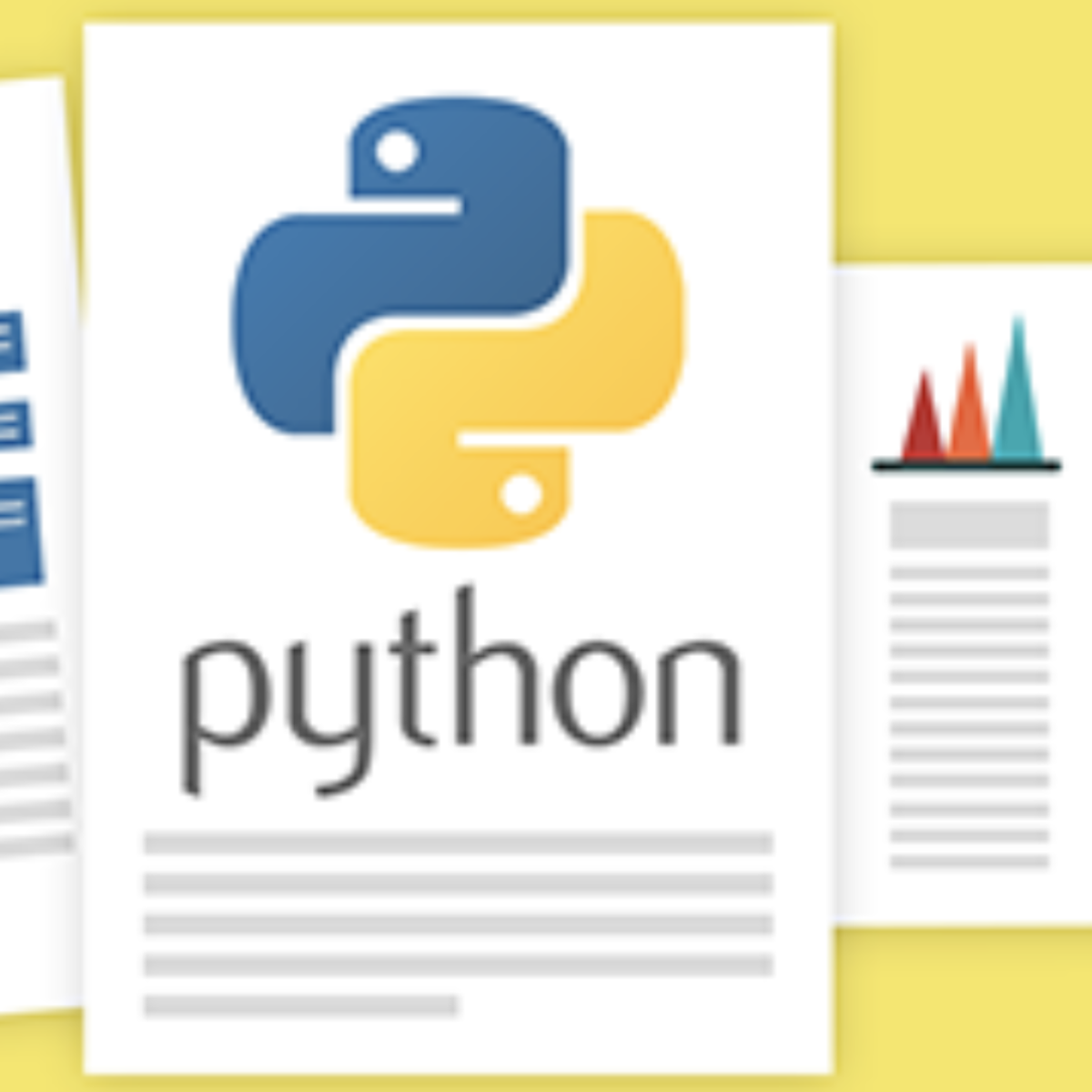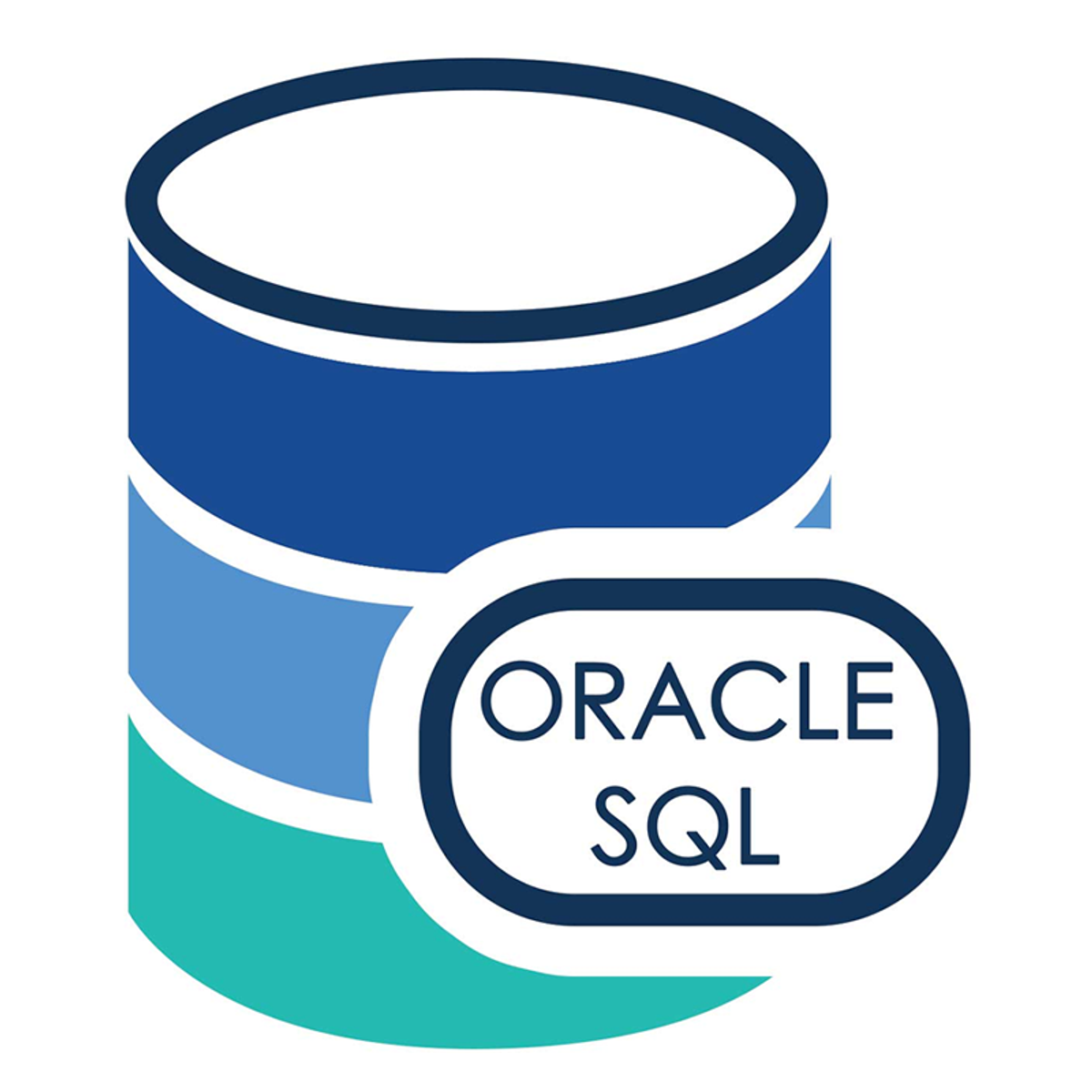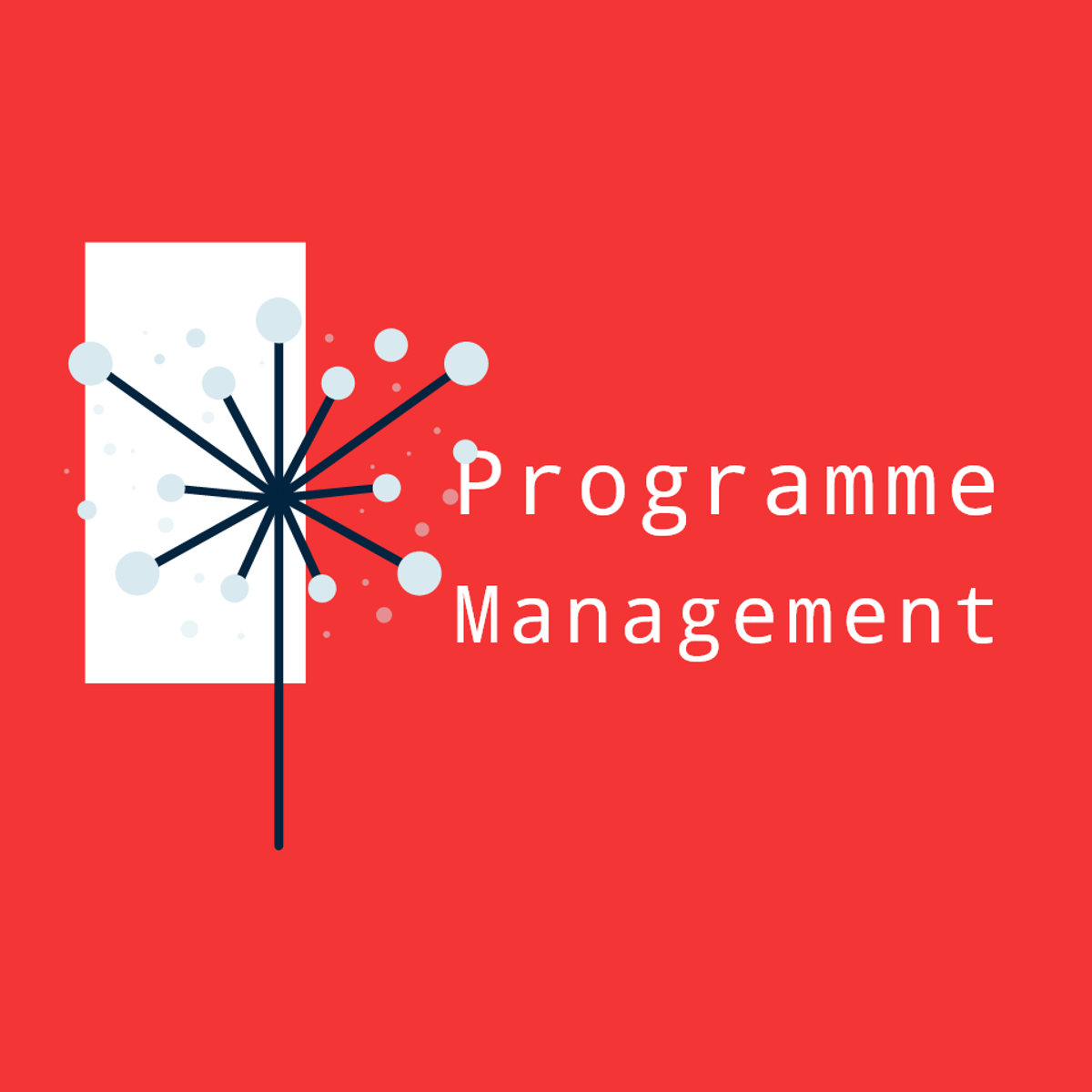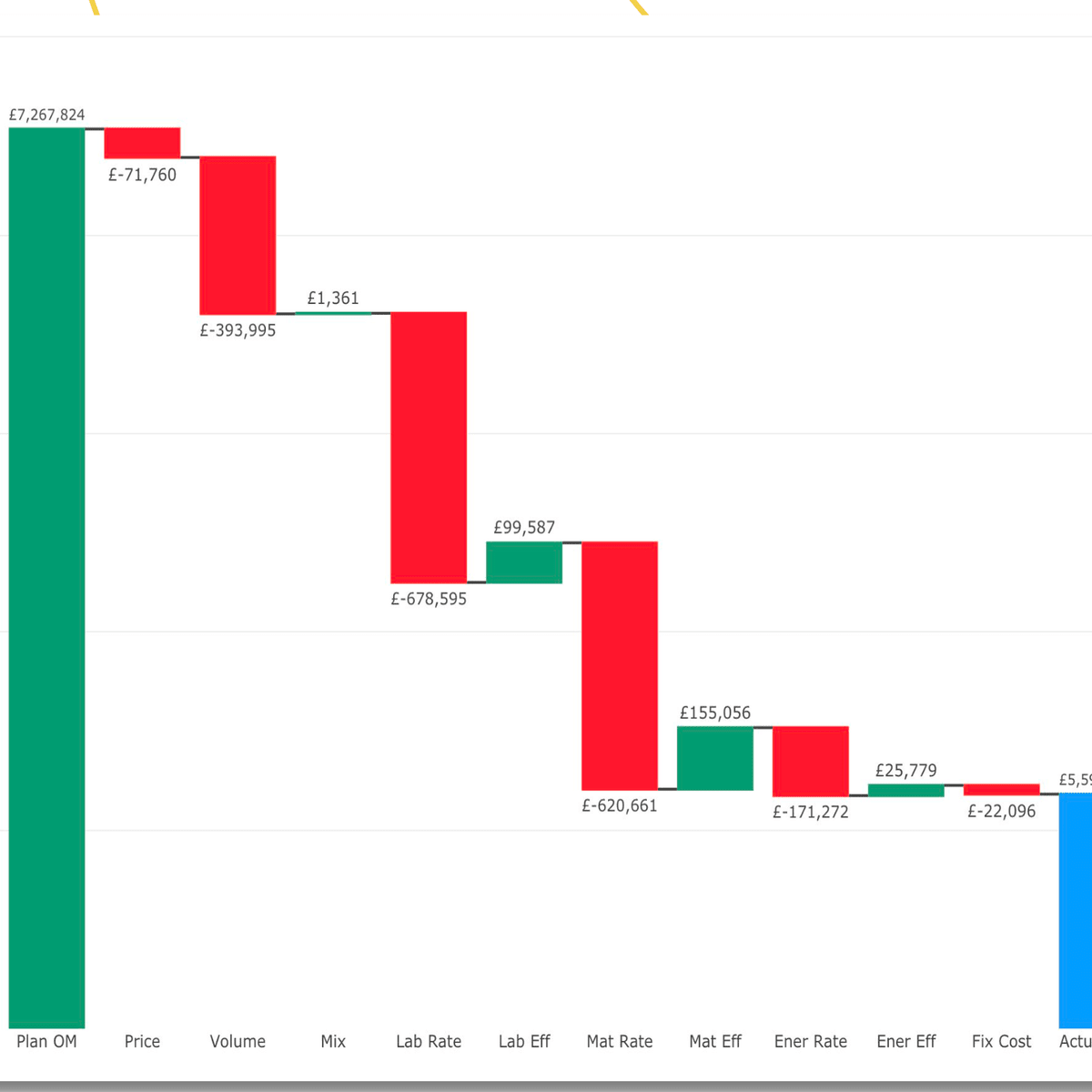Operations Research Analyst
vigating the World of Operations Research Analysis
Operations Research (OR) Analysts are the architects of efficiency and the navigators of complex decision-making within organizations. At a high level, they apply mathematical and analytical methods to help businesses and other institutions solve problems and make better, more informed choices. Think of them as strategic problem-solvers who use data to find the optimal path forward, whether that involves streamlining a supply chain, allocating resources effectively, or setting competitive prices.
Working as an Operations Research Analyst can be particularly engaging due to the direct impact one can have on an organization's success. It’s a field where your analytical skills translate into tangible improvements, from boosting productivity to reducing costs. Furthermore, the multidisciplinary nature of the work means analysts often collaborate with diverse teams and tackle a wide array of challenges across various industries, keeping the job dynamic and intellectually stimulating.
Introduction to Operations Research Analyst
Operations Research Analysts are essentially high-level decision-makers and problem-solvers who employ advanced analytical techniques, including mathematical modeling, statistical analysis, and optimization, to help organizations operate more efficiently and cost-effectively. They delve into complex systems and processes, breaking them down into manageable components to identify areas for improvement. The core objective is to provide data-driven insights and recommendations that guide strategic planning and enhance overall performance.
The role requires a unique blend of expertise in mathematics, statistics, and computer science, enabling analysts to develop sophisticated models and simulations. These tools help organizations understand the potential impact of different decisions and choose the best course of action. Whether it's optimizing production schedules, improving logistics, or enhancing customer service, Operations Research Analysts play a vital role in helping organizations achieve their goals.
Definition and core objectives of operations research analysis
Operations research (OR) is an analytical method of problem-solving and decision-making that is useful in the management of organizations. In this field, problems are broken down into their basic components and then solved in defined steps, often through mathematical analysis. The primary aim of an OR Analyst is to use these scientific and mathematical methods to assist organizations in tackling managerial, logistical, and operational challenges. They identify problems, gather and analyze data, and then develop and apply models to find the most effective solutions.
The core objectives of operations research analysis revolve around optimization, simulation, and the application of probability and statistics. Optimization means finding the best possible solution under a given set of circumstances or constraints, such as minimizing costs or maximizing efficiency. Simulation involves creating models that replicate real-world systems, allowing analysts to test different strategies and predict outcomes in a risk-free environment. Finally, probability and statistics are used to analyze data, uncover insights, assess risks, and make reliable predictions.
Ultimately, operations research analysis seeks to provide a more robust and data-driven approach to decision-making than what might be achieved through intuition or standard data analytics tools alone. By employing OR professionals, companies can gain a more complete understanding of their operations, consider a wider range of options, predict potential outcomes more accurately, and better estimate risks.
Key industries employing Operations Research Analysts (e.g., logistics, healthcare, defense)
Operations Research Analysts are in demand across a multitude of sectors due to their versatile problem-solving skills. The finance and insurance industries are significant employers, utilizing OR to assess risk, optimize investment strategies, and improve pricing models. Professional, scientific, and technical services also heavily rely on OR analysts for consulting and providing analytical solutions to various clients.
The transportation and logistics sector is another major area where OR analysts play a crucial role. They work on optimizing routes to save time and fuel, managing complex supply chains for timely deliveries, and maximizing vehicle utilization. In manufacturing, OR analysts streamline production processes, implement efficient inventory systems like just-in-time, and analyze quality control data to enhance product quality.
Healthcare organizations employ OR analysts to improve efficiency in areas such as reducing emergency room wait times, managing inventory for critical medical supplies, and scheduling staff effectively. Government agencies, including defense, also utilize operations research for strategic planning, resource allocation (such as for disaster relief or military operations), and improving the efficiency of public services like transportation. Even seemingly unrelated fields, like websites providing product recommendations, may employ OR principles to create formulas that suggest relevant connections, enhancing user engagement and sales.
Impact of the role on organizational decision-making
Operations Research Analysts have a profound impact on organizational decision-making by providing a structured, data-driven approach to solving complex problems and identifying opportunities. They help transform raw data into actionable insights, enabling leaders to make more informed and effective choices that can lead to significant improvements in efficiency and cost-effectiveness. The analytical rigor they bring to the table helps organizations move beyond intuition or simple data analysis, allowing for a more comprehensive evaluation of options and potential outcomes.
By developing mathematical models and simulations, OR Analysts can test various scenarios and predict the consequences of different actions without the risks or costs associated with real-world experimentation. This capability is invaluable for strategic planning, resource allocation, process optimization, and risk management. For example, their work can lead to optimized production schedules, streamlined supply chains, more effective marketing campaigns, or improved customer service processes.
Ultimately, the insights and recommendations provided by Operations Research Analysts empower organizations to operate more intelligently, make better use of their resources, and achieve their strategic objectives more effectively. They bridge the gap between complex data and practical, impactful solutions, making them indispensable assets in today's data-reliant world.
Operations Research Analyst: Role and Responsibilities
The role of an Operations Research Analyst is multifaceted, involving a blend of analytical rigor, problem-solving acuity, and effective communication. These professionals are tasked with dissecting complex organizational challenges and devising data-informed strategies to enhance efficiency and effectiveness. Their responsibilities span the entire lifecycle of a project, from identifying and defining problems to implementing and monitoring solutions.
A significant portion of their work involves managing and evaluating data to improve various aspects of a business, such as operations, supply chains, pricing models, and marketing strategies. They are instrumental in helping organizations turn vast amounts of data into meaningful information that managers can use for critical decision-making. This strategic function combines expertise in data analysis, sophisticated modeling techniques, and a deep understanding of the business context.
Daily tasks: data modeling, simulation, and optimization
The daily activities of an Operations Research Analyst are centered around transforming data into actionable intelligence. A key task involves developing and implementing mathematical models, simulations, and optimization algorithms to tackle complex business problems. This could mean creating a model to allocate resources effectively under certain constraints (linear programming) or designing a simulation to assess how a system might respond to increased demand. These models serve as frameworks for decision-making, allowing organizations to explore different scenarios and identify optimal solutions.
Analysts collect and meticulously organize information from diverse sources, which might include databases, sales histories, customer feedback, or interviews with subject-matter experts and employees. They then analyze this collected data, extracting the information relevant to the problem at hand. This often involves using statistical analysis and forecasting techniques to support strategic decision-making and resource allocation.
Furthermore, a typical day might involve testing these quantitative models and the supporting software or analytical tools to ensure their accuracy and effectiveness. They are constantly evaluating the effectiveness of operational strategies and making recommendations for improvement. Staying current with the latest advancements in operations research techniques, software, and industry best practices is also an ongoing responsibility.
These resources offer a good starting point for those interested in the foundational modeling and application aspects of operations research.
Collaboration with cross-functional teams
Collaboration is a cornerstone of the Operations Research Analyst's role. They rarely work in isolation, instead engaging frequently with cross-functional teams to understand business requirements, gather necessary data, and implement solutions. These teams can include managers, engineers, IT professionals, finance experts, marketing specialists, and production staff, depending on the nature of the project.
Effective communication is paramount in these collaborations. Analysts must be adept at explaining complex analytical concepts and findings in a clear and concise manner to stakeholders who may not have a technical background. This often involves presentations, meetings, and discussions to share insights, propose solutions, and gain buy-in for recommended changes.
By working closely with different departments, OR Analysts gain a holistic understanding of the organization's challenges and objectives. This interdisciplinary approach ensures that the analytical models and solutions developed are not only technically sound but also practical and aligned with the broader goals of the business. Their ability to bridge the gap between technical analysis and business application makes them key facilitators of data-driven decision-making across the organization.
The following course focuses on the consulting mindset, which is highly valuable when working with diverse teams and stakeholders.
Deliverables (e.g., reports, predictive models, cost-benefit analyses)
Operations Research Analysts produce a variety of deliverables that communicate their findings and guide decision-making. A common output is detailed reports and memos that clearly explain the problem, the analytical approach taken, the findings, and actionable recommendations for managers, executives, and other officials. These documents are crucial for translating complex analyses into understandable insights that can inform strategic choices.
Predictive models are another key deliverable. These models use historical data and statistical techniques to forecast future trends, such as customer demand, resource needs, or market changes. For example, an analyst might develop a model to predict sales patterns or to identify potential bottlenecks in a supply chain. These predictive insights help organizations anticipate challenges and opportunities.
Cost-benefit analyses are also frequently produced. OR Analysts weigh the potential costs and benefits of alternative solutions or courses of action, providing a quantitative basis for decision-making. This helps organizations choose the options that offer the best return on investment or the most significant improvement in efficiency. Other deliverables can include the development and testing of quantitative models, decision support software, or analytical tools designed to address specific organizational needs.
Developing skills in creating effective data visualizations and dashboards is also important for presenting these deliverables.
Formal Education Pathways
Embarking on a career as an Operations Research Analyst typically begins with a strong educational foundation, usually at the bachelor's degree level. While some roles may require a master's degree or even a Ph.D., particularly for advanced research or specialized positions, a bachelor's degree in a quantitative field is often the minimum entry requirement.
The interdisciplinary nature of operations research means that students from various academic backgrounds can find pathways into this field. However, a common thread across all successful educational routes is a significant emphasis on mathematical and analytical skills, coupled with an understanding of business or engineering principles.
Relevant undergraduate degrees (e.g., mathematics, industrial engineering)
A bachelor's degree is typically the minimum educational requirement for entry-level Operations Research Analyst positions. Degrees in fields such as mathematics, statistics, industrial engineering, computer science, management science, analytics, or business provide a strong foundation. Because operations research is heavily based on quantitative analysis, extensive coursework in mathematics is essential. This includes subjects like calculus, linear algebra, and statistics.
Coursework in computer science is also highly valuable, as analysts rely heavily on statistical software, database software, and other analytical tools to assess and model data. Understanding programming concepts and having experience with relevant software can be a significant advantage. Additionally, courses in economics or other business-related fields can provide important context for applying analytical skills to real-world organizational problems.
Many aspiring analysts find that a degree specifically in operations research, if available, is an excellent choice. However, the multidisciplinary nature of the field allows for entry from various related quantitative disciplines. The key is to build a strong toolkit of mathematical, analytical, and computational skills.
These courses provide foundational knowledge in mathematics crucial for operations research.
For those looking to deepen their mathematical understanding, these books are excellent resources.
Graduate programs and specialized certifications
While a bachelor's degree can open doors to entry-level positions, many employers prefer, and some may even require, a master's degree for Operations Research Analyst roles, especially for more advanced or specialized positions. Graduate programs in operations research, data science, industrial engineering, applied mathematics, or business analytics can provide deeper knowledge and more specialized skills. These programs often delve into advanced topics such as decision theory, simulation modeling, machine learning, and sophisticated optimization techniques.
Specialized certifications can also enhance an analyst's qualifications and demonstrate expertise in specific areas or software. For instance, certifications related to particular analytical software, programming languages, or specific methodologies within operations research can be valuable. While there isn't one single overarching certification for all OR Analysts, pursuing relevant credentials can make a candidate more competitive in the job market.
For those aspiring to leadership roles or highly specialized research positions, particularly in academia or certain industries like aerospace or defense, a doctoral degree (Ph.D.) in operations research or a closely related field might be necessary. These programs typically involve intensive research and the development of new analytical methods or applications.
Consider these courses for a glimpse into graduate-level topics and specialized areas.
For individuals interested in the theoretical underpinnings and advanced methodologies, these books are highly recommended.
Research opportunities in PhD programs
For individuals with a deep passion for advancing the theoretical foundations and cutting-edge applications of operations research, pursuing a Ph.D. offers significant research opportunities. Doctoral programs in operations research, industrial engineering, applied mathematics, or related fields are designed to cultivate independent researchers capable of contributing new knowledge to the discipline. These programs typically involve rigorous coursework in advanced mathematical and statistical theory, optimization, stochastic processes, and simulation, followed by a substantial period of dissertation research.
Ph.D. candidates often work closely with faculty advisors on research projects that can span a vast array of topics. This might include developing novel optimization algorithms, creating more sophisticated simulation models, exploring the intersection of OR with artificial intelligence and machine learning, or applying OR techniques to solve complex societal problems in areas like healthcare, energy, sustainability, or public policy. The research undertaken in Ph.D. programs aims to push the boundaries of what is known and to develop innovative solutions to challenging problems.
Graduates with a Ph.D. in operations research are well-prepared for careers in academia, leading research and teaching at universities. They are also highly sought after in industrial research labs, advanced analytics groups within large corporations, and specialized consulting firms where deep expertise and the ability to conduct original research are paramount. These roles often involve tackling the most complex and novel challenges that require a high degree of analytical sophistication and creativity.
While OpenCourser focuses on a broad range of learning resources, those considering Ph.D. programs should explore university websites and academic journals to understand current research frontiers. The following topics are often central to advanced research and can be explored through various online resources to build foundational knowledge.
Online Learning and Skill Development
The digital age offers unprecedented opportunities for skill development and career advancement, and the path to becoming an Operations Research Analyst is no exception. Online learning platforms provide a wealth of resources for individuals looking to build foundational knowledge, acquire specialized skills, or supplement formal education. Whether you are a self-directed learner aiming for a career change or a professional seeking to enhance your existing expertise, online courses can be a flexible and effective way to achieve your goals.
For those new to the field or considering a pivot, online courses can offer a structured yet adaptable way to explore the core concepts of operations research. They can help you gauge your interest and aptitude for the analytical and problem-solving aspects of the role before committing to more extensive programs. For working professionals, online learning provides the flexibility to upskill or reskill without interrupting their careers, allowing them to learn at their own pace and apply new knowledge directly to their work.
OpenCourser is an excellent resource for navigating this landscape, allowing learners to easily browse through thousands of courses in Data Science and related fields, save interesting options to a list, and find resources that match their learning objectives. The platform's features, such as course syllabi and summarized reviews, can help you make informed choices about which courses will best support your journey towards becoming an Operations Research Analyst.
Core topics to study independently (e.g., linear programming, statistics)
For aspiring Operations Research Analysts looking to build a strong foundation through independent study, several core topics are essential. Linear programming is a fundamental concept, dealing with the optimization of a linear objective function subject to linear equality and inequality constraints. Understanding its principles and applications is crucial. Statistics is another cornerstone, encompassing areas like descriptive statistics, probability theory, hypothesis testing, and regression analysis, all of which are vital for data analysis and modeling.
Other important mathematical areas include calculus and matrix algebra, which underpin many optimization and modeling techniques. Familiarity with discrete mathematics can also be beneficial, especially for problems involving networks or combinatorial optimization. An understanding of simulation techniques, which allow for the modeling of complex systems and the testing of different scenarios, is also highly valuable.
Furthermore, gaining proficiency in programming languages commonly used in data analysis and operations research, such as Python or R, is increasingly important. These languages offer powerful libraries for data manipulation, statistical analysis, optimization, and visualization. Developing skills in database management and query languages like SQL is also advantageous for handling the data that fuels OR models.
These online courses provide excellent introductions to core OR topics suitable for independent study.
To delve deeper into these subjects, consider these foundational books.
Portfolio-building through independent projects
For aspiring Operations Research Analysts, particularly those relying on online learning or making a career transition, building a portfolio of independent projects is a powerful way to demonstrate skills and practical experience. Theoretical knowledge is essential, but employers also want to see that you can apply that knowledge to solve real-world (or realistic) problems. A well-curated portfolio can showcase your analytical abilities, problem-solving approach, and proficiency with relevant tools and techniques.
Independent projects can take many forms. You might choose to analyze publicly available datasets to address a specific question, such as optimizing a hypothetical delivery route, scheduling resources for a small event, or modeling a simple inventory system. You could also participate in online data science competitions, which often provide datasets and problem statements that lend themselves to OR approaches. Documenting your project thoroughly is key: explain the problem, your methodology, the tools you used (e.g., Python scripts, Excel models, simulation software), your analysis, and your conclusions or recommendations.
Consider creating a blog or a GitHub repository to showcase your projects. This not only provides a platform to display your work but also demonstrates your ability to communicate your findings effectively. Even if you don't have formal work experience in operations research, a strong portfolio of projects can significantly enhance your resume and provide compelling talking points during job interviews. It shows initiative, passion for the field, and a commitment to practical application of your skills.
These project-based courses offer structured opportunities to build portfolio pieces while learning key OR concepts.
OpenCourser's "Save to List" feature can be a great way to organize courses and resources as you plan your portfolio projects and learning path. You can even share these lists if you're collaborating with others or seeking mentorship.
Integration with formal education or workplace training
Online learning and independent skill development can powerfully complement formal education and workplace training for aspiring and practicing Operations Research Analysts. University students, for example, can use online courses to delve deeper into specific topics not extensively covered in their curriculum, gain exposure to different software tools, or work on practical projects that build their portfolio beyond academic assignments. This proactive approach can make them more competitive candidates upon graduation.
For professionals already in the workforce, whether in an OR role or a related field, online courses offer a flexible way to upskill or reskill. They can learn about new methodologies, emerging technologies like AI integration in OR, or software tools that can enhance their current work. Many companies also support or provide internal training programs, and online resources can be a valuable supplement to these, allowing employees to learn at their own pace and focus on areas most relevant to their career development or current projects.
Integrating online learning with formal education or workplace training requires a proactive mindset. It might involve discussing learning goals with academic advisors or managers, seeking opportunities to apply newly acquired skills in projects, or even proposing new approaches based on recent learning. This blended approach can accelerate skill acquisition and demonstrate a commitment to continuous professional development, which is highly valued in a dynamic field like operations research.
These courses can help bridge the gap between theoretical knowledge and practical application in a workplace setting.
Exploring OpenCourser's Learner's Guide can provide valuable tips on how to effectively integrate online courses with formal studies or professional development plans, including strategies for creating a structured curriculum for yourself.
Career Progression for Operations Research Analysts
The career path for an Operations Research Analyst typically offers significant opportunities for growth and advancement. As with many analytical professions, progression often involves moving from roles focused on data collection and foundational analysis to positions that require more strategic thinking, project leadership, and interaction with senior management. Developing a strong set of analytical, problem-solving, and communication skills is crucial for moving up the ladder.
The journey often begins with entry-level positions where the primary focus is on learning the ropes, supporting senior analysts, and gaining hands-on experience with data and modeling tools. With experience and demonstrated competence, analysts can take on more complex projects and responsibilities, leading to mid-career and eventually senior-level roles.
Entry-level roles (e.g., junior analyst, data specialist)
Entry-level positions for Operations Research Analysts often carry titles such as Junior Analyst, Data Specialist, or simply Operations Research Analyst (at an introductory level). In these roles, individuals typically focus on the foundational aspects of operations research. Their daily activities often involve collecting and organizing data from various sources, performing initial data analysis, and assisting senior analysts with more complex modeling and project coordination.
New entrants to the field will spend considerable time learning the specific tools and methodologies used by their organization. This might include gaining proficiency in specific database software, statistical packages (like R or SPSS), or modeling tools (like Excel Solver or specialized optimization software). They might be tasked with running simulations, performing statistical tests, or helping to build components of larger mathematical models under the guidance of experienced team members.
These initial roles are crucial for building practical experience and understanding how theoretical OR concepts are applied in a business context. Strong analytical skills, attention to detail, and a willingness to learn are key attributes for success at this stage. While a bachelor's degree in a quantitative field is often the entry point, internships or relevant project work (even academic) can significantly strengthen a candidate's profile.
These courses are well-suited for individuals starting their journey and looking to build fundamental analytical skills.
For those new to the workforce, understanding data processing is also vital.
Mid-career transitions (e.g., senior analyst, team lead)
As Operations Research Analysts gain experience and demonstrate a strong track record of successful project contributions, they typically transition into mid-career roles. These positions often come with titles like Senior Operations Research Analyst, Lead Analyst, or Project Manager (within an analytics context). At this stage, analysts take on more independent work, often leading specific projects or analytical initiatives from conception to completion.
Mid-level professionals are expected to have a deeper understanding of various OR methodologies and tools, and they are often responsible for developing and implementing analytical strategies to address more complex business problems. They may also begin to mentor or manage junior analysts, providing guidance and support. Responsibilities might include designing research methodologies, conducting sophisticated analyses, creating detailed reports with actionable recommendations, and presenting findings to stakeholders, including middle and sometimes senior management.
Stronger communication and project management skills become increasingly important at this stage. Mid-career analysts need to effectively translate business requirements into quantitative models and clearly articulate the implications of their analytical findings to non-technical audiences. Continued learning and staying abreast of new techniques and technologies in the field remain crucial for sustained growth and effectiveness.
These courses focus on more advanced analytical techniques and problem-solving approaches relevant to mid-career professionals.
To further develop expertise in optimization, these books are valuable resources.
Advanced roles (e.g., director of operations research, consultancy)
With significant experience and a proven ability to deliver impactful results, Operations Research Analysts can progress to advanced and leadership roles. These positions might include titles such as Director of Operations Research, Operations Research Manager, Principal Analyst, or Analytics Consultant. At this senior level, the focus often shifts from hands-on data analysis to more strategic responsibilities, such as shaping the overall analytical strategy of an organization, leading and mentoring teams of analysts, and collaborating closely with executive leadership to align analytical initiatives with business objectives.
Senior OR professionals are expected to have a deep understanding of advanced analytical techniques and a broad perspective on how operations research can drive organizational success. They might be responsible for identifying and evaluating new analytical technologies and methodologies, fostering innovation within their teams, and driving the adoption of advanced analytical practices across the organization. Strong leadership, business acumen, negotiation skills, and the ability to influence organizational strategy become paramount.
Another path for experienced OR Analysts is to move into consultancy. As consultants, they leverage their expertise to help a variety of clients solve complex operational problems and implement data-driven solutions. This can offer diverse challenges and the opportunity to work across different industries. Regardless of the specific advanced role, a commitment to continuous learning and staying at the forefront of the field is essential for long-term success.
These courses cater to those looking to develop strategic and leadership capabilities in analytics.
For those interested in the strategic application of OR and advanced decision processes, this book provides deep insights.
Tools and Techniques in Operations Research
Operations Research Analysts employ a diverse toolkit of software, methodologies, and, increasingly, emerging technologies to tackle complex problems. Proficiency in these tools and techniques is fundamental to their ability to collect, analyze, model, and interpret data, ultimately leading to optimized solutions and informed decision-making. The specific tools used can vary depending on the industry, the nature of the problem, and the analyst's specialization, but a core set of capabilities is common across the field.
The landscape of OR tools is constantly evolving, with advancements in software making sophisticated analyses more accessible and powerful. This necessitates a commitment to continuous learning to stay abreast of new developments and maintain a competitive edge. From traditional optimization solvers to modern machine learning libraries, the OR analyst's toolkit is both broad and deep.
Software (e.g., Python, R, MATLAB, optimization tools)
Operations Research Analysts rely on a variety of software tools to perform their analyses. Programming languages like Python and R are widely used due to their extensive libraries for statistical analysis, data manipulation, machine learning, and visualization. Python, for instance, has libraries such as Pandas for data handling, NumPy for numerical computation, and Scikit-learn for machine learning tasks. R is particularly strong in statistical modeling and graphical representation.
MATLAB is another common tool, especially in engineering and academic settings, offering robust capabilities for numerical computation, simulation, and algorithm development. Spreadsheet software like Microsoft Excel, often with add-ins like Solver for optimization, is also frequently used for smaller-scale modeling and analysis. For more complex optimization problems, specialized software such as Gurobi, CPLEX, or tools within platforms like NCSS are employed. These solvers are designed to handle large and intricate linear, integer, and nonlinear programming problems.
Database user interface and query software, such as Microsoft SQL Server, are essential for accessing and managing data. Furthermore, data visualization tools like Tableau or Power BI help analysts present their findings in an accessible and compelling manner. Proficiency in a range of these software tools is a key asset for any OR Analyst.
These courses offer hands-on experience with some of the key software used in operations research.
For further study, this book provides a practical guide to using Julia, another language gaining traction in OR.
Methodologies (e.g., stochastic modeling, queuing theory)
Operations Research Analysts utilize a wide array of analytical methodologies to model and solve complex problems. Stochastic modeling is crucial when dealing with uncertainty and randomness in systems; this involves using probability theory to represent unpredictable elements. Simulation is a closely related technique, where analysts create computer-based models of real-world processes to test different scenarios, evaluate risks, and understand system behavior under various conditions.
Queuing theory is another important methodology, used to analyze and optimize systems where customers or items arrive for service, wait in a queue if necessary, and are then processed. This is applicable in areas like call centers, manufacturing lines, and traffic management. Optimization techniques are central to OR, including linear programming (optimizing a linear objective function subject to linear constraints), integer programming (where some variables must be integers), and nonlinear programming (dealing with nonlinear objectives or constraints).
Other methodologies include decision analysis (evaluating choices under uncertainty), forecasting (predicting future trends using historical data and statistical models), data mining (discovering patterns in large datasets), and network analysis (optimizing flows in networks, such as transportation or communication systems). The choice of methodology depends heavily on the specific problem being addressed and the nature of the available data.
These courses introduce some of the core methodologies used in operations research.
For deeper exploration of these powerful techniques, consider these texts.
Emerging technologies (e.g., AI integration, digital twins)
The field of Operations Research is continually evolving, with emerging technologies offering new avenues for analysis and optimization. The integration of Artificial Intelligence (AI) and Machine Learning (ML) with OR methodologies is a significant trend. AI and ML can enhance predictive modeling capabilities, identify complex patterns in data that traditional methods might miss, and automate aspects of decision-making. For example, reinforcement learning, a type of ML, shares many conceptual underpinnings with dynamic programming and optimal control, which are core to OR.
Digital twins are another impactful emerging technology. A digital twin is a virtual replica of a physical asset, process, or system. OR analysts can use digital twins to simulate operations in real-time, test changes, predict failures, and optimize performance with a high degree of fidelity before implementing changes in the physical world. This is particularly valuable in complex environments like manufacturing plants, supply chains, or smart cities.
The increasing availability of big data and advancements in cloud computing also provide OR analysts with more powerful tools and larger datasets to work with, enabling more comprehensive and sophisticated analyses. Staying adaptable and embracing these emerging technologies is crucial for OR professionals to remain at the forefront of innovation and continue to deliver high-impact solutions.
These courses provide an introduction to how AI and related technologies are impacting various fields, including analytics.
Industry Applications and Case Studies
Operations Research principles and techniques find application across a vast spectrum of industries, driving efficiency, optimizing resource allocation, and mitigating risks. The versatility of OR allows analysts to tailor their approaches to the unique challenges and objectives of different sectors. Examining specific case studies can provide concrete examples of how OR methodologies deliver tangible value in real-world scenarios.
From fine-tuning the intricate logistics of global supply chains to improving patient flow in bustling healthcare systems, and to managing complex financial risks, Operations Research Analysts are at the forefront of applying analytical rigor to solve pressing problems. These applications not only showcase the power of OR but also highlight the diverse and impactful career opportunities available in this field.
Supply chain optimization in retail
In the retail industry, supply chain optimization is a critical area where Operations Research Analysts make a significant impact. Retail supply chains are often complex networks involving numerous suppliers, distribution centers, transportation links, and retail outlets, all needing to work in concert to meet fluctuating customer demand. OR techniques are used to design and manage these networks for maximum efficiency and responsiveness while minimizing costs.
For example, OR analysts develop models to determine optimal inventory levels at each point in the supply chain, balancing the costs of holding inventory against the risks of stockouts. They use forecasting techniques to predict demand for various products and linear programming or other optimization methods to decide how much to order and when. Route optimization algorithms are employed to plan the most efficient delivery routes for trucks, considering factors like distance, fuel costs, delivery windows, and traffic patterns. Warehouse layout and operations can also be optimized using simulation and other OR tools to improve the speed and accuracy of order fulfillment.
Case studies in retail might involve a company using OR to redesign its distribution network after a merger, significantly reducing transportation costs and delivery times. Another example could be a fashion retailer using demand forecasting and inventory optimization models to better manage seasonal apparel, minimizing markdowns and lost sales. The goal is always to get the right products to the right place at the right time, in the right quantities, and at the lowest possible cost, all while meeting customer service expectations.
These courses provide insights into supply chain management and the analytical tools used for optimization.
Resource allocation in healthcare systems
Operations Research plays a vital role in optimizing resource allocation within complex healthcare systems, aiming to improve patient care, enhance efficiency, and control costs. Healthcare organizations face numerous challenges in managing limited resources, such as medical staff, hospital beds, operating rooms, and expensive equipment, to meet fluctuating and often urgent patient needs. OR analysts apply quantitative methods to help make these critical allocation decisions more effective.
For instance, queuing theory and simulation modeling can be used to analyze patient flow in emergency departments or outpatient clinics, identifying bottlenecks and developing strategies to reduce waiting times and improve throughput. Optimization models can help in scheduling surgeries to maximize the utilization of operating rooms and surgical staff while minimizing patient delays. Inventory management techniques are applied to ensure that essential medical supplies and pharmaceuticals are available when needed, without excessive overstocking and waste.
Case studies in this area might include a hospital using OR to redesign its nurse scheduling system to better match staffing levels with patient demand, leading to improved patient safety and staff satisfaction. Another could involve a regional health authority using location-allocation models to determine the optimal placement of new clinics or emergency services to ensure equitable access for the population. The overarching goal is to use available resources in the most effective way to deliver high-quality care to as many patients as possible.
These courses touch upon analytical decision-making and management in service-oriented systems, relevant to healthcare applications.
Risk analysis in financial markets
In the dynamic and often volatile world of financial markets, Operations Research Analysts contribute significantly to risk analysis and management. Financial institutions, investment firms, and even individual investors face a multitude of risks, including market risk (changes in asset prices), credit risk (default by borrowers), operational risk (failures in processes or systems), and liquidity risk (inability to meet short-term obligations). OR techniques provide powerful tools for quantifying, modeling, and mitigating these risks.
OR analysts develop sophisticated mathematical and statistical models to assess the probability and potential impact of various risk factors. For example, Monte Carlo simulation can be used to model the potential range of outcomes for an investment portfolio under different market conditions. Optimization techniques are employed to construct portfolios that maximize expected returns for a given level of risk, or minimize risk for a target level of return (as in Markowitz portfolio optimization).
Predictive modeling and machine learning techniques are increasingly used to identify patterns that might indicate heightened risk, such as predicting the likelihood of loan defaults or identifying fraudulent transactions. Stress testing, which involves simulating the impact of extreme but plausible market events on a financial institution's stability, also heavily relies on OR methodologies. Case studies might involve an investment bank using value-at-risk (VaR) models to quantify its market risk exposure or a credit card company developing a sophisticated scoring model using OR techniques to assess the creditworthiness of applicants.
These courses cover financial planning and risk modeling concepts applicable to this domain.
For those interested in the quantitative aspects of finance, these books offer valuable insights.
Challenges and Ethical Considerations
While the work of an Operations Research Analyst is focused on optimization and efficiency, it is not without its challenges and ethical considerations. The power of data-driven decision-making also comes with responsibilities regarding how data is used, how models are built, and the potential impact of the solutions proposed. Navigating these complexities requires not only technical expertise but also a strong ethical compass and an awareness of the broader societal implications of their work.
Addressing these challenges head-on is crucial for maintaining public trust and ensuring that operations research is applied in a responsible and beneficial manner. From safeguarding individual privacy to considering the human impact of efficiency gains, OR Analysts must grapple with multifaceted issues that extend beyond pure mathematical optimization.
Data privacy and algorithmic bias
A significant challenge in operations research, especially with the increasing use of big data and AI, revolves around data privacy and algorithmic bias. OR Analysts often work with large datasets that may contain sensitive personal information. Ensuring that this data is collected, stored, analyzed, and used in a way that respects individual privacy and complies with relevant regulations (like GDPR or HIPAA) is a critical responsibility. Anonymization and de-identification techniques can help, but they are not always foolproof, and the potential for re-identification remains a concern.
Algorithmic bias is another serious ethical consideration. Models, particularly those developed using machine learning techniques, can inadvertently perpetuate or even amplify existing societal biases if the data they are trained on reflects historical discrimination or if the model's features are not carefully chosen and evaluated. For example, an algorithm used for loan approvals, if trained on biased historical data, might unfairly disadvantage certain demographic groups. Similarly, predictive policing models could disproportionately target specific communities if not developed and audited with extreme care.
Operations Research Analysts have an ethical obligation to be vigilant about these issues. This includes critically examining their data sources for potential biases, designing models that are as fair and equitable as possible, regularly auditing algorithms for biased outcomes, and advocating for transparency in how these analytical systems make decisions. The pursuit of efficiency or optimization should not come at the cost of fairness or individual rights.
Balancing efficiency with workforce impacts
Operations Research Analysts often focus on improving efficiency, which can sometimes lead to recommendations that have significant impacts on the workforce. For example, an optimization model might suggest automating certain tasks, redesigning processes in a way that requires fewer employees, or consolidating facilities, all of which could potentially lead to job displacement or changes in job roles. This creates an ethical tension between the goal of maximizing organizational efficiency or profit and the well-being of the employees.
While the OR Analyst's primary role might be to identify the most efficient solution from a mathematical or economic perspective, it is also important to consider the human element. This doesn't necessarily mean abandoning efficiency-enhancing solutions, but rather being aware of their potential social consequences and, where possible, exploring ways to mitigate negative impacts. This could involve recommending retraining programs for affected employees, suggesting phased implementations to allow for adjustment, or highlighting the need for robust communication and support for the workforce during transitions.
Ethical operations research involves a broader perspective that considers not just the numbers but also the people affected by the decisions informed by those numbers. It requires clear communication with stakeholders about potential workforce impacts and contributing to discussions about how to manage these changes responsibly and compassionately. The goal is to achieve operational improvements in a way that is as sustainable and socially responsible as possible.
Handling ambiguous or incomplete data
A common practical challenge for Operations Research Analysts is dealing with ambiguous, incomplete, or messy data. Real-world data is rarely perfect; it can suffer from missing values, errors, inconsistencies, or a lack of clarity regarding its meaning or collection methods. Since the quality of the analytical output heavily depends on the quality of the input data, handling these imperfections appropriately is a critical skill.
Analysts must employ various techniques to clean, preprocess, and validate data before using it in their models. This might involve imputation methods to fill in missing values, outlier detection and treatment, data transformation to normalize distributions, or cross-referencing different data sources to verify accuracy. When data is fundamentally ambiguous, analysts need to make careful assumptions and clearly document them, understanding how these assumptions might influence the results of their analysis.
The ethical dimension here involves transparency. It's crucial to acknowledge the limitations of the data and the potential uncertainties in the analysis that arise from data quality issues. Presenting results as more certain than they are due to data limitations would be misleading. Instead, analysts should communicate any data-related caveats and, if possible, perform sensitivity analysis to understand how different assumptions about the data might change the conclusions. This honest appraisal of data quality and its impact is essential for responsible and credible operations research.
These courses cover essential data handling and analytical skills crucial for dealing with imperfect data.
Future Outlook for Operations Research Analysts
The future for Operations Research Analysts appears robust and promising. As organizations across all sectors increasingly recognize the value of data-driven decision-making to gain competitive advantages and enhance efficiency, the demand for professionals skilled in advanced analytical techniques is set to grow. Several key trends are shaping the trajectory of this field, pointing towards continued relevance and expanding opportunities.
Technological advancements, particularly in data collection, computing power, and analytical software, are making sophisticated operations research more accessible and applicable to a wider range of problems. This, coupled with the ever-increasing volume of data being generated, creates a fertile ground for OR professionals to apply their expertise. The U.S. Bureau of Labor Statistics projects employment for operations research analysts to grow 23 percent from 2023 to 2033, a rate much faster than the average for all occupations. This translates to approximately 11,300 openings projected each year, on average, over the decade.
If you're considering this path, OpenCourser's Career Development resources can offer further guidance on planning your career and staying ahead of industry trends.
Automation’s impact on analytical roles
Automation, including advancements in AI and machine learning, is undoubtedly transforming the landscape of analytical roles, and Operations Research Analysis is no exception. Some routine data collection, processing, and even basic modeling tasks that were once performed manually can now be automated. This might lead to concerns about job displacement, but the prevailing view is that automation will more likely augment rather than replace OR Analysts.
By automating repetitive and time-consuming tasks, analysts can free up their time to focus on higher-value activities. These include more complex problem formulation, strategic thinking, interpreting nuanced results, communicating insights to stakeholders, and addressing the ethical implications of analytical solutions. Automation can also provide analysts with more powerful tools, enabling them to tackle larger and more intricate problems than ever before.
The key for OR Analysts will be to adapt and embrace these new technologies, continuously developing skills in areas that complement automation, such as critical thinking, creativity, and the ability to translate complex analytical outputs into actionable business strategies. The ability to work alongside AI-driven tools and leverage their capabilities will become increasingly important. Rather than diminishing the role, automation has the potential to elevate the strategic importance of OR Analysts who can harness its power effectively.
These courses explore the intersection of AI, automation, and analytics.
Growing demand in sustainability and climate modeling
A significant area of growing demand for Operations Research Analysts lies in the fields of sustainability and climate modeling. As concerns about environmental impact, resource scarcity, and climate change intensify, organizations and governments are increasingly seeking analytical approaches to develop sustainable practices and effective climate mitigation and adaptation strategies. OR techniques are well-suited to address the complex, interconnected challenges in these domains.
In sustainability, OR analysts can help optimize resource utilization, minimize waste in production and supply chains, design circular economy models, and assess the environmental footprint of various operations. For example, they might develop models to optimize renewable energy generation and distribution, plan sustainable transportation systems, or improve the efficiency of water resource management. These applications often involve balancing economic, environmental, and social objectives, a classic OR challenge.
In climate modeling and policy, OR can contribute to understanding the impacts of different climate scenarios, evaluating the effectiveness of various mitigation policies (like carbon pricing or renewable energy mandates), and optimizing investment in climate adaptation measures. This could involve large-scale simulation models, cost-benefit analyses of different policy options, or risk assessment related to climate-induced events. The need for rigorous, data-driven approaches to tackle these global challenges is creating new and expanding opportunities for OR professionals with expertise in these areas.
Consider exploring courses related to environmental sciences and data analysis to build relevant skills.
Globalization of operations research teams
The increasing globalization of business and the widespread adoption of remote work technologies are contributing to the globalization of operations research teams. Companies with international operations often need to optimize processes and make decisions that span multiple countries and diverse market conditions. This creates a need for OR teams that can understand and model these global complexities.
Furthermore, the ability to collaborate digitally means that OR talent can be sourced from around the world, and teams can be geographically dispersed. This allows organizations to tap into a wider pool of expertise and potentially operate more cost-effectively. For individual OR Analysts, this trend can open up opportunities to work on international projects and collaborate with colleagues from different cultural backgrounds, enriching their professional experience.
However, globalized teams also present challenges, such as navigating different time zones, cultural nuances in communication, and varying data regulations across jurisdictions. Effective cross-cultural communication and project management skills become even more critical in this context. The trend towards globalization underscores the importance of adaptability and a global mindset for Operations Research Analysts looking to thrive in an increasingly interconnected world.
Frequently Asked Questions (Career Focus)
Embarking on or navigating a career path can bring up many questions. This section aims to address some of the common inquiries aspiring and current Operations Research Analysts might have, covering topics from earning potential and industry demand to skill requirements and the nature of the work itself. Understanding these aspects can help individuals make informed decisions about pursuing or advancing in this dynamic and impactful field.
Whether you're a student exploring options, a professional considering a career change, or an analyst looking to understand the broader landscape, these FAQs provide concise insights into key aspects of the Operations Research Analyst profession.
What is the average salary range for entry-level roles?
The salary for entry-level Operations Research Analysts can vary based on factors such as geographic location, industry, company size, and the candidate's specific qualifications and educational background. However, it is generally considered a well-compensated field.
According to data from Glassdoor, the estimated total pay for an operations research analyst in the US is approximately $158,222 per year, which includes an average base salary of $109,286 and around $48,936 in additional pay (which could include bonuses, profit-sharing, or commissions). The U.S. Bureau of Labor Statistics (BLS) reported a median annual wage for operations research analysts of $91,290 in May 2024. For entry-level positions specifically, salaries would typically be lower than the overall median or average for all analysts, which includes those with more experience. PayScale data from early 2024 suggested an average entry-level salary around $70,000, but this can fluctuate.
It's advisable for candidates to research salary benchmarks specific to their region and target industries. As individuals gain experience and develop specialized skills, their earning potential typically increases significantly.
Can someone transition from a non-STEM background?
Transitioning to a career as an Operations Research Analyst from a non-STEM (Science, Technology, Engineering, and Mathematics) background is challenging but certainly possible with dedicated effort and strategic planning. The core of operations research is highly quantitative, requiring strong mathematical, statistical, and analytical skills. Therefore, individuals from non-STEM fields will need to acquire these foundational competencies.
This often involves pursuing relevant education, such as a master's degree in operations research, data science, analytics, or a related quantitative field. Online courses and bootcamps can also be invaluable for building specific technical skills in areas like programming (Python, R), statistics, data analysis, and mathematical modeling. Building a portfolio of projects that demonstrate these newly acquired quantitative skills is crucial for showcasing capabilities to potential employers.
Highlighting transferable skills from a non-STEM background, such as critical thinking, problem-solving, communication, and domain expertise in a particular industry (e.g., business, healthcare, social sciences), can also be advantageous. Networking with professionals in the OR field and seeking mentorship can provide valuable guidance and open doors to opportunities. While the path may require significant upskilling, a determined individual can successfully make this transition.
For those looking to make such a transition, OpenCourser's Browse page is a great place to explore foundational courses in Mathematics and Data Science.
Which industries hire the most Operations Research Analysts?
Operations Research Analysts are employed across a wide range of industries due to the broad applicability of their problem-solving skills. However, some sectors tend to hire them in larger numbers.
According to some reports, the finance and insurance industries are major employers, accounting for a significant percentage of OR analyst positions. Professional, scientific, and technical services also constitute a large share, as many analysts work in consulting roles providing expertise to various businesses. The management of companies and enterprises is another key sector. Manufacturing industries also rely on OR analysts to optimize production processes and supply chains. Furthermore, government agencies, particularly in defense and logistics, are notable employers.
The increasing availability of data and the drive for efficiency mean that opportunities for OR analysts are expanding into even more sectors, including healthcare, transportation, retail, and technology companies.
Is remote work common in this field?
The prevalence of remote work for Operations Research Analysts can vary depending on the specific employer, industry, and the nature of the projects involved. Like many analytical and tech-adjacent roles, there has been an increasing openness to remote or hybrid work arrangements in recent years, accelerated by broader workplace trends.
Many tasks performed by OR Analysts, such as data analysis, model development, and report writing, can be effectively done remotely with the right technology and communication tools. However, some aspects of the role might still benefit from or require in-person interaction, such as initial project scoping meetings with clients or stakeholders, collaborative brainstorming sessions with a team, or site visits to understand operational processes firsthand.
Consulting roles, in particular, may involve travel to client sites. Ultimately, whether a specific OR Analyst position offers remote work will depend on company policy and the specific demands of the role. Job seekers interested in remote opportunities should look for positions explicitly advertised as remote or discuss flexible work arrangements during the interview process. The trend suggests that more remote and hybrid opportunities are likely to be available than in the past.
How does this role differ from data science?
While there is significant overlap and often collaboration between Operations Research Analysts and Data Scientists, and the terms are sometimes used interchangeably or with varying definitions by employers, there are some general distinctions. Both roles involve using data to solve problems and make decisions, and both require strong analytical and quantitative skills.
Traditionally, Operations Research has a strong focus on optimization and decision modeling – finding the best possible solution or course of action given a set of constraints and objectives. OR often deals with improving specific processes, systems, or operational decisions (e.g., scheduling, routing, resource allocation, inventory control). Methodologies like linear programming, simulation, and queuing theory are core to OR.
Data Science, while also encompassing predictive modeling and analysis, often has a broader scope that can include exploratory data analysis, machine learning algorithm development for prediction or classification (e.g., image recognition, natural language processing), and managing very large and diverse datasets (big data). Data Scientists may focus more on uncovering insights and patterns from data that may not be tied to a specific operational decision but rather to broader strategic understanding or product development.
In practice, the lines can be blurry. Many Operations Research Analysts use machine learning techniques, and many Data Scientists work on optimization problems. Some see OR as a subset of the broader data science field, while others view them as distinct but related disciplines. The key is that both roles are highly analytical and data-driven.
What soft skills are critical for advancement?
While technical proficiency in mathematics, statistics, and programming is foundational for an Operations Research Analyst, soft skills are equally critical for career advancement. Effective communication is paramount. Analysts must be able to clearly articulate complex analytical findings, methodologies, and recommendations to diverse audiences, including non-technical stakeholders and executive leadership. This includes both written (reports, memos) and verbal (presentations, meetings) communication.
Critical thinking and problem-solving skills are at the heart of the OR role. The ability to logically break down complex problems, identify key variables, evaluate different approaches, and develop innovative solutions is essential. Strong analytical thinking is, of course, a given.
Collaboration and teamwork are also vital, as OR Analysts often work in cross-functional teams. Interpersonal skills, the ability to build relationships, and to work effectively with people from different backgrounds and disciplines are key. As analysts advance, leadership, mentoring, and project management skills become increasingly important. Finally, business acumen – understanding the broader business context, industry trends, and organizational goals – allows analysts to align their work with strategic objectives and deliver more impactful solutions.
These courses can help develop crucial soft skills.
Embarking on Your Operations Research Journey
The path to becoming an Operations Research Analyst is one that combines intellectual challenge with the satisfaction of making a tangible difference. It's a career that rewards analytical prowess, a curious mind, and the ability to translate complex data into clear, actionable strategies. The field is experiencing significant growth, offering diverse opportunities across numerous industries for those equipped with the right skills and a passion for problem-solving.
Whether you are just starting to explore this career, are in the midst of your education, or are considering a professional pivot, remember that continuous learning and adaptability are key. The tools and techniques of operations research are constantly evolving, and staying current will be vital for long-term success. If the prospect of using data and advanced analytical methods to optimize systems, improve efficiency, and guide critical decisions excites you, then a career as an Operations Research Analyst may be a rewarding journey to undertake. We encourage you to explore the many resources available, including the extensive catalog of courses and learning materials on OpenCourser, to build your knowledge and skills in this dynamic field.


